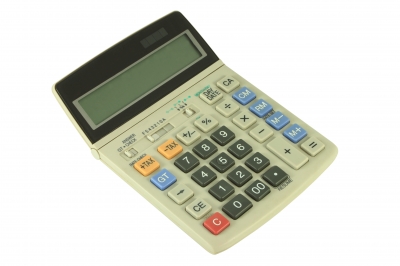 Can green card holders qualify for public assistance programs? The answer to that question is very complicated. One major issue, however, is whether the welfare office will count the income of the immigrant's I-864 sponsor - called "sponsorship deeming." If the welfare office applies sponsorship deeming, the sponsor's income can prevent the green card holder from getting public assistance. That's true even if she is not actually receiving income from the sponsor.
Can green card holders qualify for public assistance programs? The answer to that question is very complicated. One major issue, however, is whether the welfare office will count the income of the immigrant's I-864 sponsor - called "sponsorship deeming." If the welfare office applies sponsorship deeming, the sponsor's income can prevent the green card holder from getting public assistance. That's true even if she is not actually receiving income from the sponsor.
Since my home state is Washington, this discussion is specific to our state. Other states have similar rules on sponsorship deeming, though rules may differ.
The focus of this post is about what to do if the welfare office decides sponsorship deeming does apply in your case.
Who does sponsorship deeming apply to?
Deeming is applied to green card holders who were sponsored by someone who signed an Affidavit of Support. The Affidavit of Support has been required in all family based immigration petitions (spouses, parents, children and siblings) since 1996. Before 1996 a different Affidavit of Support form was used, and the rules are slightly different about how deeming applies in those cases. The basic rule is that deeming will apply for anyone who came to the U.S. based on a family petition.
Are there programs where deeming doesn't apply?
Yes. It does not apply in these programs:
- Emergency Medicaid;
- School lunch programs;
- Child Nutrition act Programs;
- Foster Care and Adoption Assistance;
- Some other Washington State programs like prenatal care.
There are also some state-funded programs where deeming doesn't apply if one of these conditions is met:
- The Affidavit of Support was signed 5 or more years ago;
- The sponsor is incapacitated;
- You, your spouse, or your parent meet certain military service conditions; or
- Your household is at or below 130% of the Federal Poverty Guidelines.
Are there immigrants for whom deeming doesn't apply?
Yes there are. Sponsorship deeming doesn't apply:
- If you are a survivor of domestic violence and are no longer living with the abuser;
- You would go hungry or homeless without assistance; and/or
- You are under 18 years of age (this applies to Basic Food assistance only).
Also, remember that deeming applies only if there was an Affidavit of Support signed for you. So if you came to the U.S. as a refugee, for example, or on a business-related visa, deeming probably does not apply.
What should I do if sponsorship deeming prevents me from getting public benefits?
The real question is what you should do if you're denied benefits.
First, understand that you have to get a review of the decision to deny your benefits. You can ask for a "Fair Hearing" review. Essentially, a higher level government employee will review the decision to deny benefits to you. In Washington State you can request legal assistance by calling Northwest Justice Project's CLEAR line at 1-888-201-1014. Unfortunately they are limited in the number of cases they can accept.
Second, you should consider enforcing your right to support from your sponsor. The thinking behind sponsorship deeming is that the sponsor is making income available to you. That's because - in situations where sponsorship deeming applies - you may have a right to receive income support from the sponsor. If that's preventing you from getting public assistance, you might want to consider enforcing your right to support from the sponsor.
If you'd like to talk to us about enforcing your right to support, visit this page to set up a free consultation.
Photo credit: Keerati (http://www.freedigitalphotos.net)